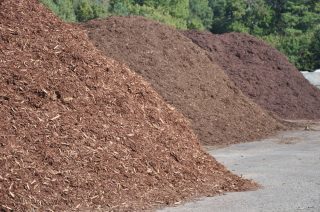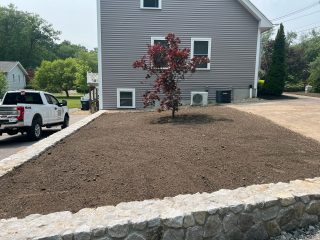The Ultimate Spring Lawn Care Guide for a Lush, Green Yard
As winter melts away and the first signs of spring emerge, homeowners everywhere begin dreaming of lush, green lawns. But achieving that picture-perfect yard doesn’t happen overnight. Spring lawn preparation is key to ensuring healthy growth, vibrant color, and long-term […]





